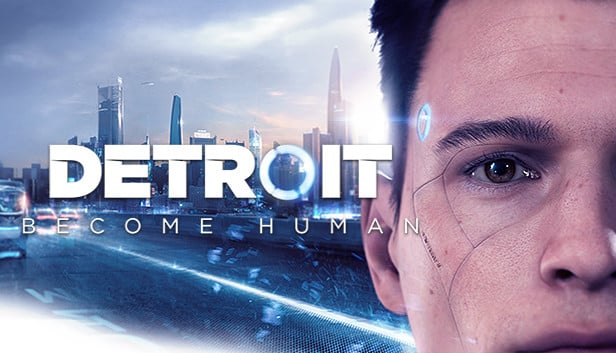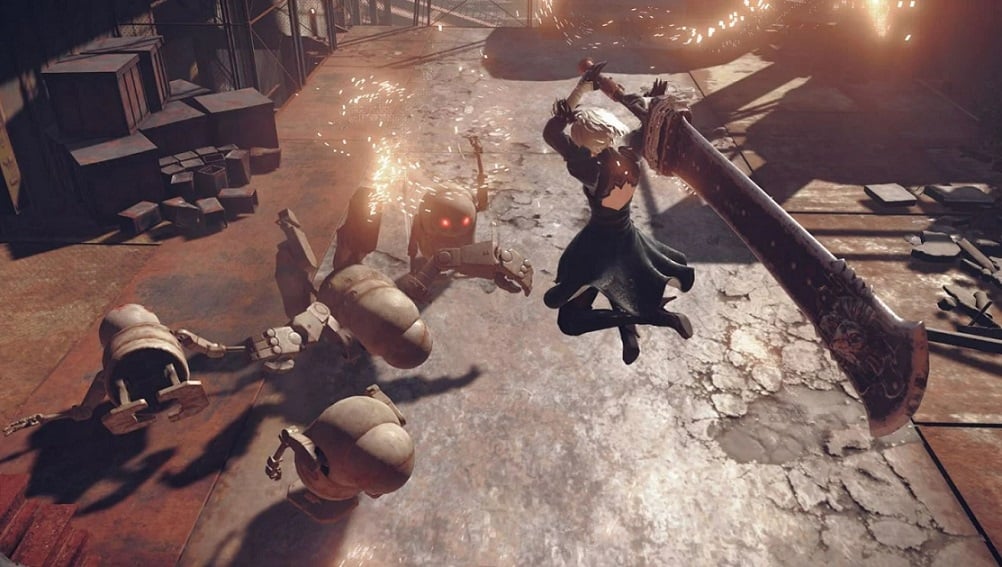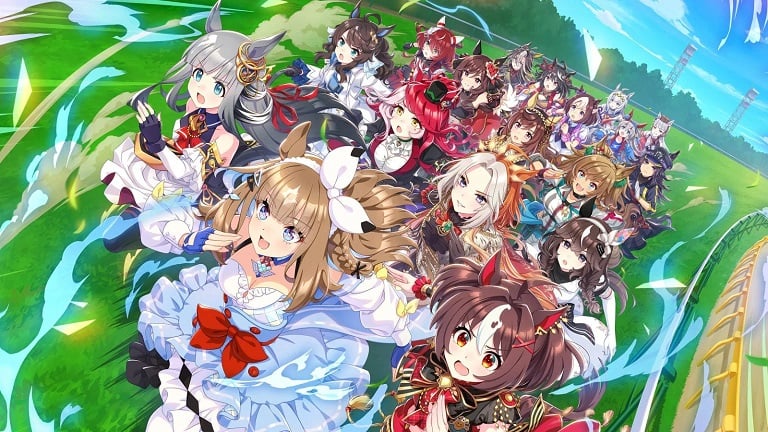In a recent Famitsu interview, Japanese game creators famous for their storytelling – like Yoko Taro (Nier), Kotaro Uchikoshi (Zero Escape), Kazutaka Kodaka (Danganronpa) and Jiro Ishii (428: Shibuya Scramble) came together to chat about their respective approaches to game development and business. During their discussion about the evolution and current state of adventure games, a very important question was asked – what is the future of adventure games? Yoko and Uchikoshi think that the next step in their evolution, for better or worse, might be AI.
Adventure games have reached their peak with Quantic Dream’s Detroit: Become Human, says Uchikoshi. It is one of the titles that fascinate him the most, and he expressed that he wants to eventually create a game similar to it, but in a way only a Japanese game developer could. “There’s a lot of new games I want to create, but with AI technology evolving at such a high speed, I fear that there is a possibility that AI-generated adventure games will become mainstream.”

Uchikoshi has previously talked about the possibility of mass-produced AI indie games flooding the market. However, while noting that the AI of today still struggles to achieve “outstanding writing” on the level of humans, he suggested that, in the next 10 years, being competent in terms of originality and “human touch” in one’s work will be crucial in order to stay ahead of AI technology.
“I, too, believe that game creators may lose their jobs because of AI. There’s a chance that in 50 years, game creators will be treated like bards,” Yoko Taro added, alluding to the idea that game creators would become a thing of the past, still clinging onto their art and telling stories like in the old days despite the times changing.

When asked whether they believe that AI could imitate the bizarre worlds and stories full of twists and turns such as the ones they create, both Yoko and Ishii agreed. On the other hand, Kodaka remarked that even if AI could “imitate” their work and styles, it wouldn’t be able to behave like a creator. He explains that, for example, AI could write a game scenario in the style of David Lynch, but Lynch himself could, in return, deliberately change up his own style, and it would still end up feeling authentic and Lynchian.
Yoko Taro predicts that, in the future, instead of imitating the styles of existing creators using AI, people may shift to using AI to generate brand new scenarios according to each player’s preferences. For example, in an adventure game, AI could generate a new route that is based on the way you play the game and caters exclusively to your personal tastes. However, Kodaka added that, due to their extremely personalized nature, this would make games become less of a shared experience – meaning there probably wouldn’t be any new worldwide hits.





